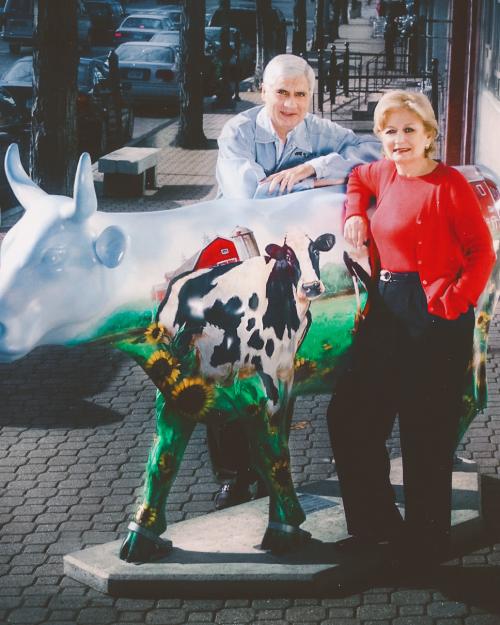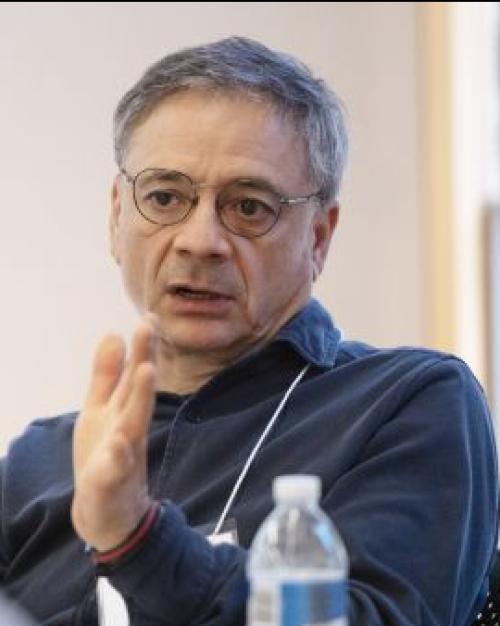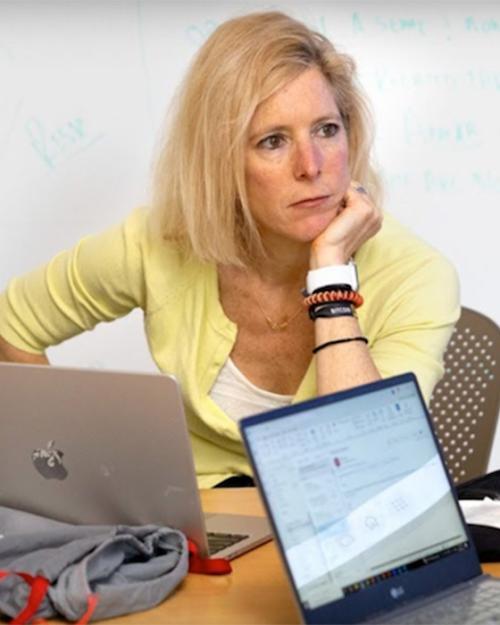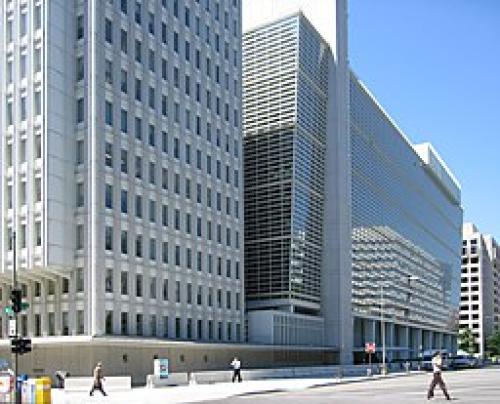In a speech outlining U.S. priorities and concerns ahead of the COP 27 climate negotiations, U.S. special climate envoy John Kerry called for the World Bank and other multilateral institutions to expand financing for low-carbon projects in developing countries.
Richard T. Clark is a political scientist who studies policymaking at the World Bank and the International Monetary Fund (IMF) and how these organizations bargain with member states. Clark’s new research shows that the World Bank and IMF are paying greater attention to climate change in key ways, largely due to the work of staff in the field — influencing institutional policy from the bottom up.
“The U.S. and Germany are pressing the World Bank to invest more in decarbonization," said Clark. "But poorer countries and some activists have expressed concern about ‘buckpassing’ — industrialized economies pushing developing countries to reduce emissions despite them bearing little responsibility for global warming and having pressing development needs.
"These countries would like development banks to adequately fund investments in climate resilience and compensation for climate damages. Staff deployed by such institutions to climate-vulnerable countries may be key in ensuring that poorer countries have a say in the reform of global lending practices,” Clark said.
For interviews contact Jeff Tyson, (607) 793-5769, jeff.tyson@cornell.edu.




